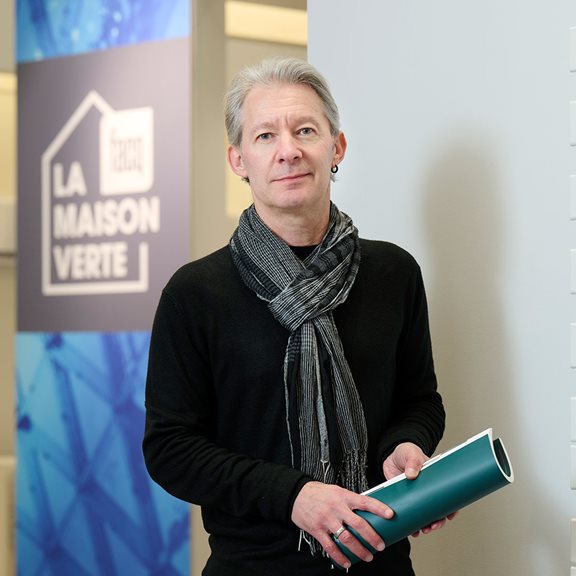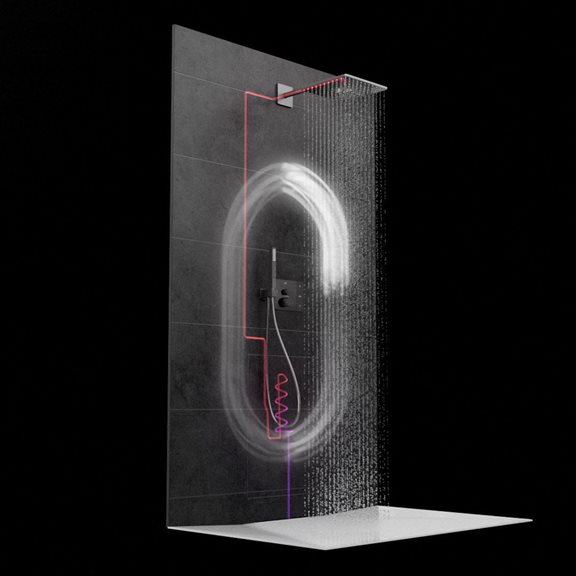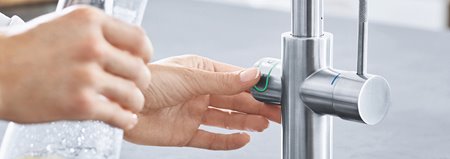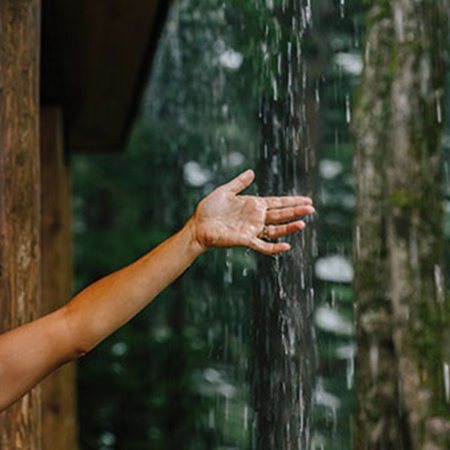Sustainable water management at your home: use water smart and save money
To learn all about rainwater recovery, domestic hot water production and the protection of all the systems through which water flows in our homes, we interviewed Philippe Pittol, Green House Advisor at Facq.
Why recover rainwater?
Collecting rainwater is an excellent way to reduce your consumption of city water. Philippe Pittol: "You can use this water to clean your patio or car, water your washing machine, flush your toilet... If you think about how often you flush the toilet every day, you quickly realize that this rainwater harvesting will save you a lot of money."
A rainwater harvesting system consists of a cistern and a hydrophore unit or reclamation station. But what happens when the tank is empty?
"The pump then goes into safety mode which means you have to manually switch to tap water," says Philippe Pittol. "However, some recovery stations do this automatically - a type of device that will probably become mandatory soon."
Is it also possible to recover energy for heating domestic hot water?
"There are systems, such as Zypho from BSC of Everstream from Grohe, that are connected to the shower drain and use the heat from the drain water to preheat the fresh shower water. Another example is Flamco's FlexTherm Eco thermal charging station. This ultra-compact battery converts electricity into heat and stores it to supply domestic hot water or low-temperature heating using the heat exchangers. It is an ideal solution to store the energy produced by photovoltaic panels and is extremely suitable for all types of homes."
Philippe Pittol points out that there are also other ways to heat your water economically: "In my opinion, the best choice at the moment is the thermodynamic boiler, which you can install in both old and new houses. It uses very little energy because it heats the water through the ambient temperature. Because it calculates your daily consumption, it only heats the amount of water used, unlike a standard electric water heater. The annual consumption of a boiler of this type with a capacity of 200 liters will cost you about €250 per year, compared with €1,250 to €1,300 per year for a conventional boiler." The cost can be reduced almost to zero when using solar panels....
Protecting your pipes and appliances
Finally, Philippe Pittol points out the benefits of installing a water softener: "It works on the principle of ion exchange, replacing the calcium and magnesium ions responsible for limescale with soluble sodium ions. By removing some of the lime in the water, the water softener protects your pipes, faucets and appliances such as coffee makers, toilet cisterns, dishwashers, washing machines, etc. Thus, a longer lifespan is guaranteed. An energy study shows that a household of 4 people can pay back a water softener in 2 to 4 years, saving about €650 per year!






